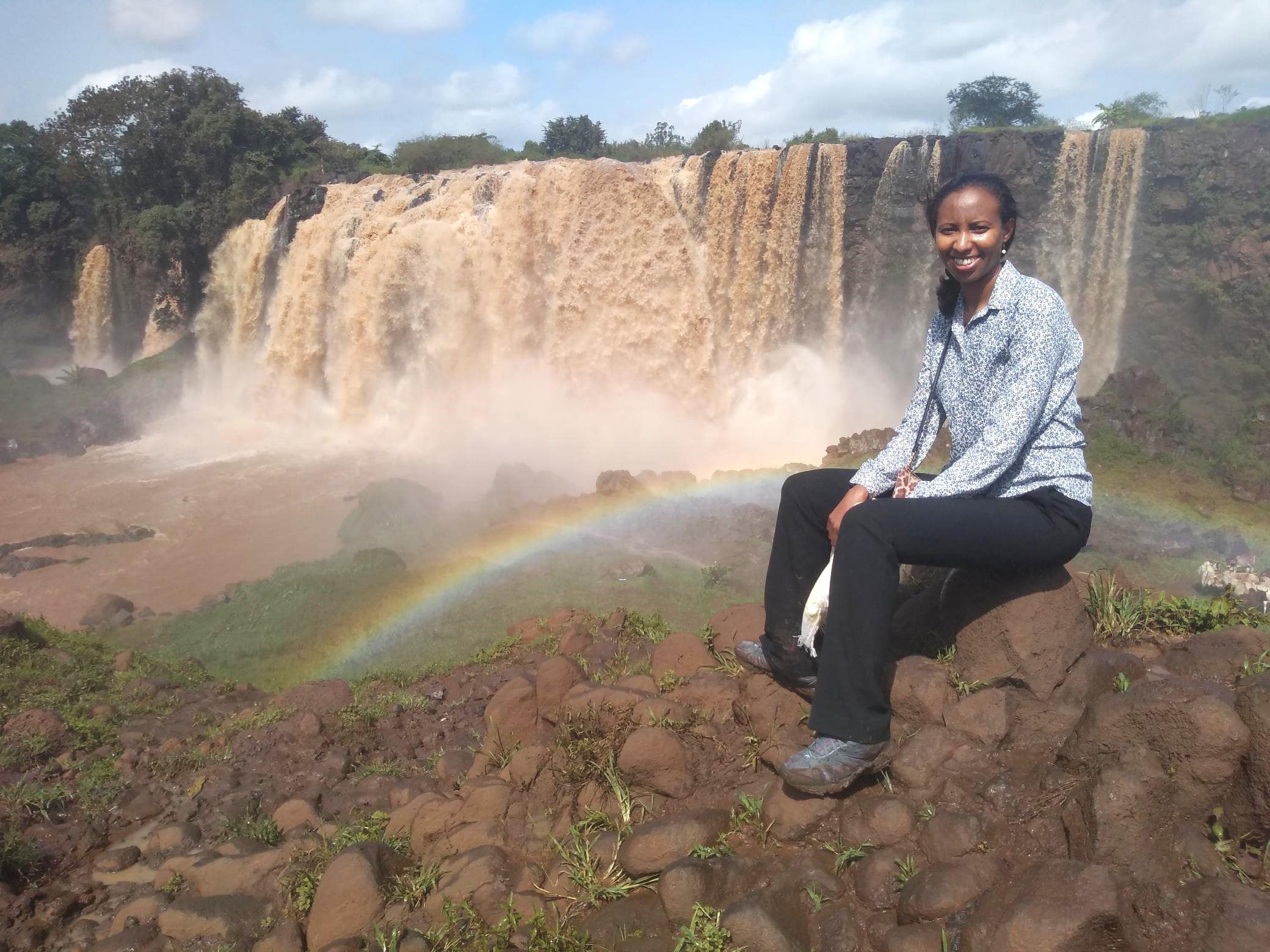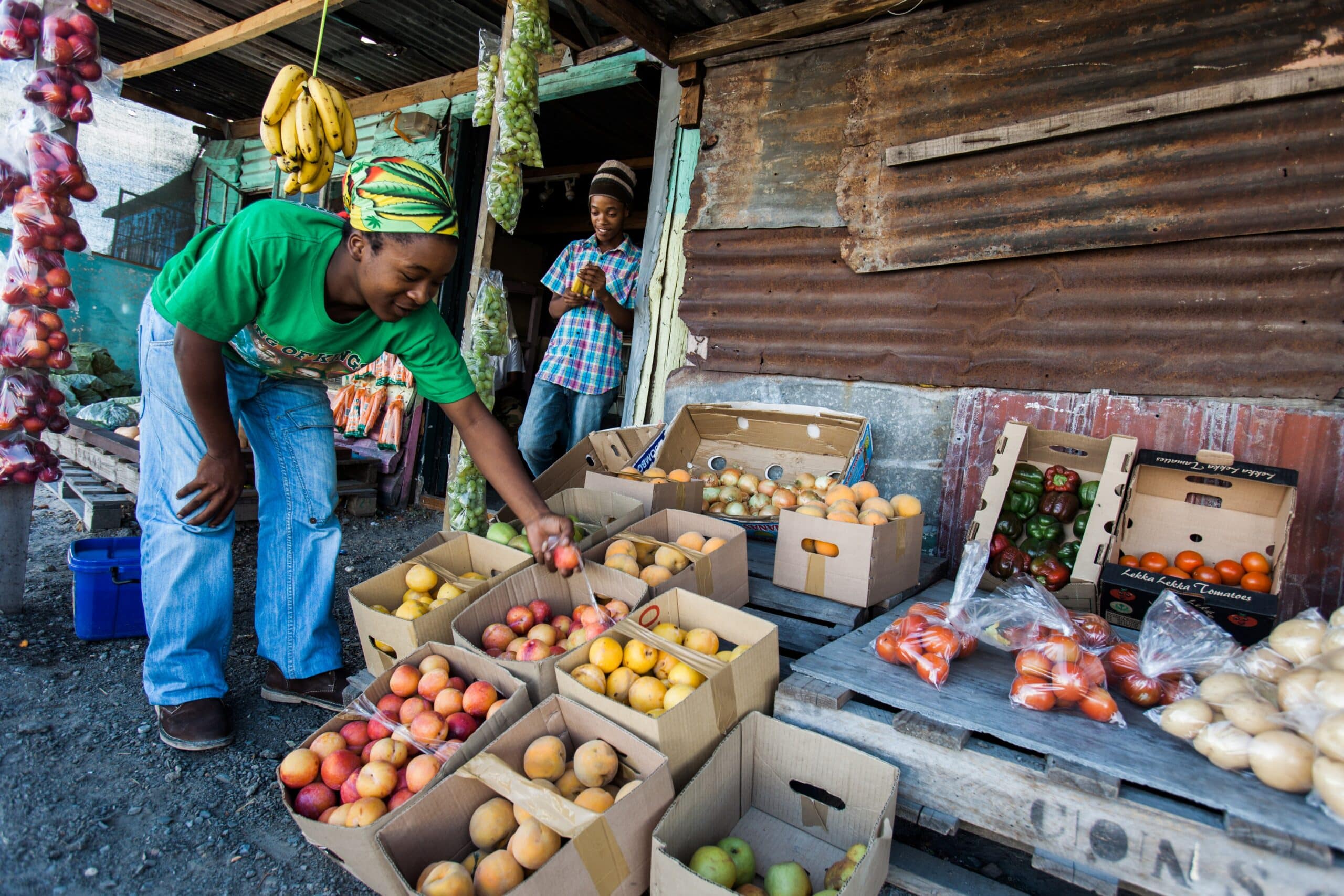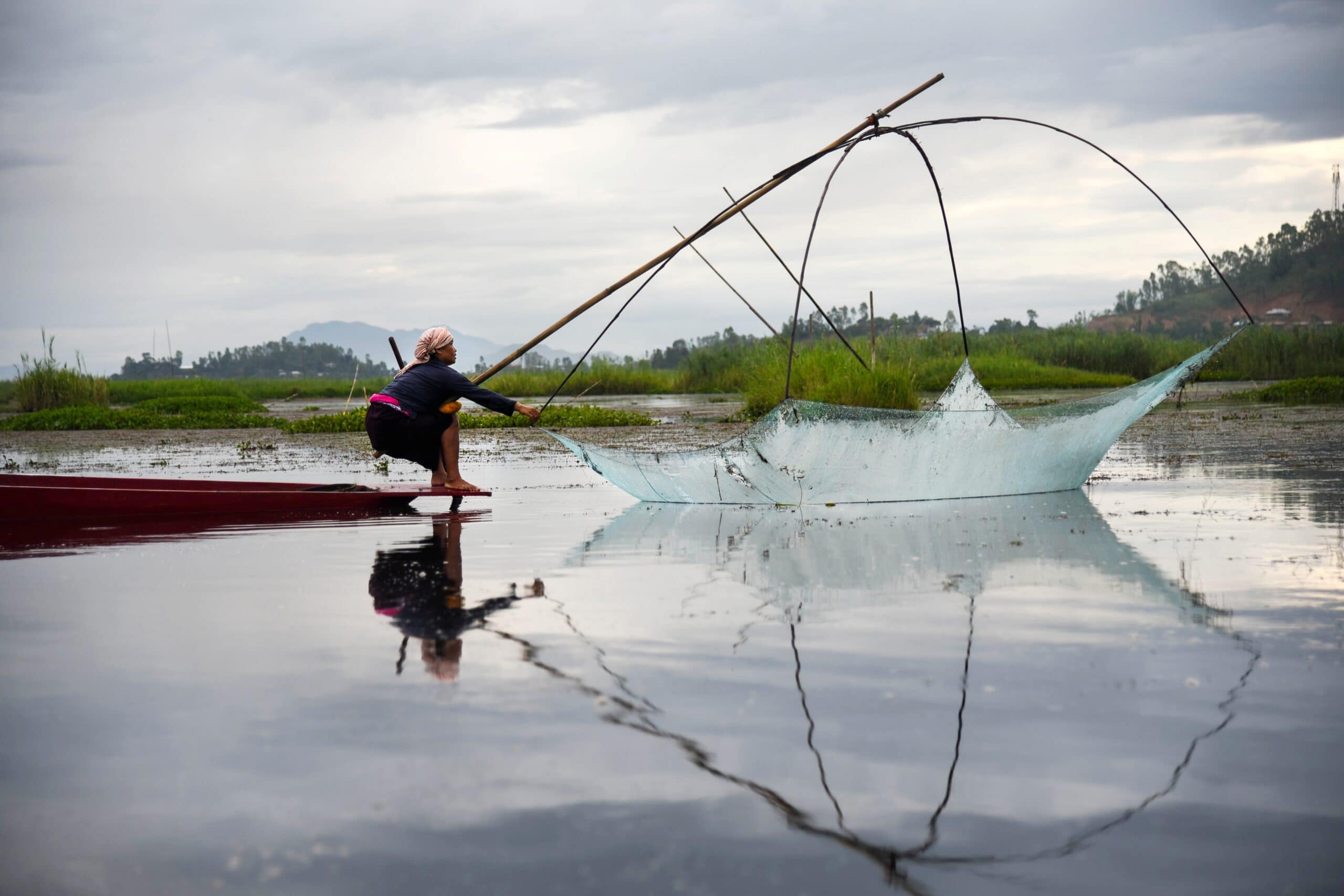Water, food and ecosystems
Water management for water and food security is a change process. The International Water Management Institute (IWMI) explores new ways to sustainably intensify agricultural productivity, increase economic returns, support human well-being and safeguard ecosystems and their services in a changing climate. It analyzes water and food production systems using innovative tools, frameworks and integrated solutions that are co-developed with a range of stakeholders.
Considering all the water cycle components — including surface water, groundwater, water quality — and their interactions with people and the environment is critical to support effective institutions, policies and investments. IWMI’s work spans from local farm scale up to transboundary basins and aquifers.
Our research in action
IWMI uses trade-off analysis and metrics on coordinated development actions to examine the water-food-energy nexus. Researchers develops tools and models, such as scorecards and dashboards, to help stakeholders make informed decisions about resource availability. IWMI improves the efficiency and sustainability of food production, including through a better understanding of the water footprint of food products cultivated in different conditions. IWMI also expands the application of water accounting to support improvements in water productivity across scale, river basin planning and management, policy development and water-related investments.
IWMI finds agricultural water management transformations that account for current and future resource availability. Researchers combine data, processes and institutions for integrating surface water and ground water management, including in transboundary basins. Furthermore, IWMI ensures that governance and incentives for protection and restoration of water-related ecosystems strengthen equality and inclusion. By providing evidence and data analytics, it helps stakeholders make choices about agricultural water management, business models for farmer-led irrigation or reforms in large-scale irrigation schemes.
IWMI supports the development of sustainable water infrastructure, recognizing that there is a continuum between green (natural) and grey (built) infrastructure. Our teams work on global, landscape and individual infrastructure project levels to create integrated solutions that enhance synergies, reduce trade-offs and promote sustainable, inclusive growth. To support these efforts, IWMI conducts environmental flow assessments and develops knowledge on the hydrological impacts of restoration and applications to strengthen water security through wetland and watershed rehabilitation. Throughout its work, IWMI integrates ecosystem values, services and sustainability into water resource allocation and management practices and water infrastructure design and operations.
IWMI tackles the challenge of uncoordinated management of basins and aquifers by working to integrate data, sectors and governments to enhance decision-making and determine the optimal use for water, food and energy. It supports transboundary water management by managing data and knowledge from different countries in basins and aquifers, undertaking monitoring and strategic planning. It also examines climate change’s impact on basins and aquifers as well as develops context-specific mitigation and adaptation options.
Taking into account the context-specific needs of smallholder farmers in the Global South, IWMI’s research develops next-generation irrigation systems. These systems both modernize the existing infrastructure and support the agricultural sector’s movement towards climate-smart technology. IWMI also seeks to strengthen demand and supply linkages along the irrigation value chain, ensuring that these solutions are available to all farmers.







